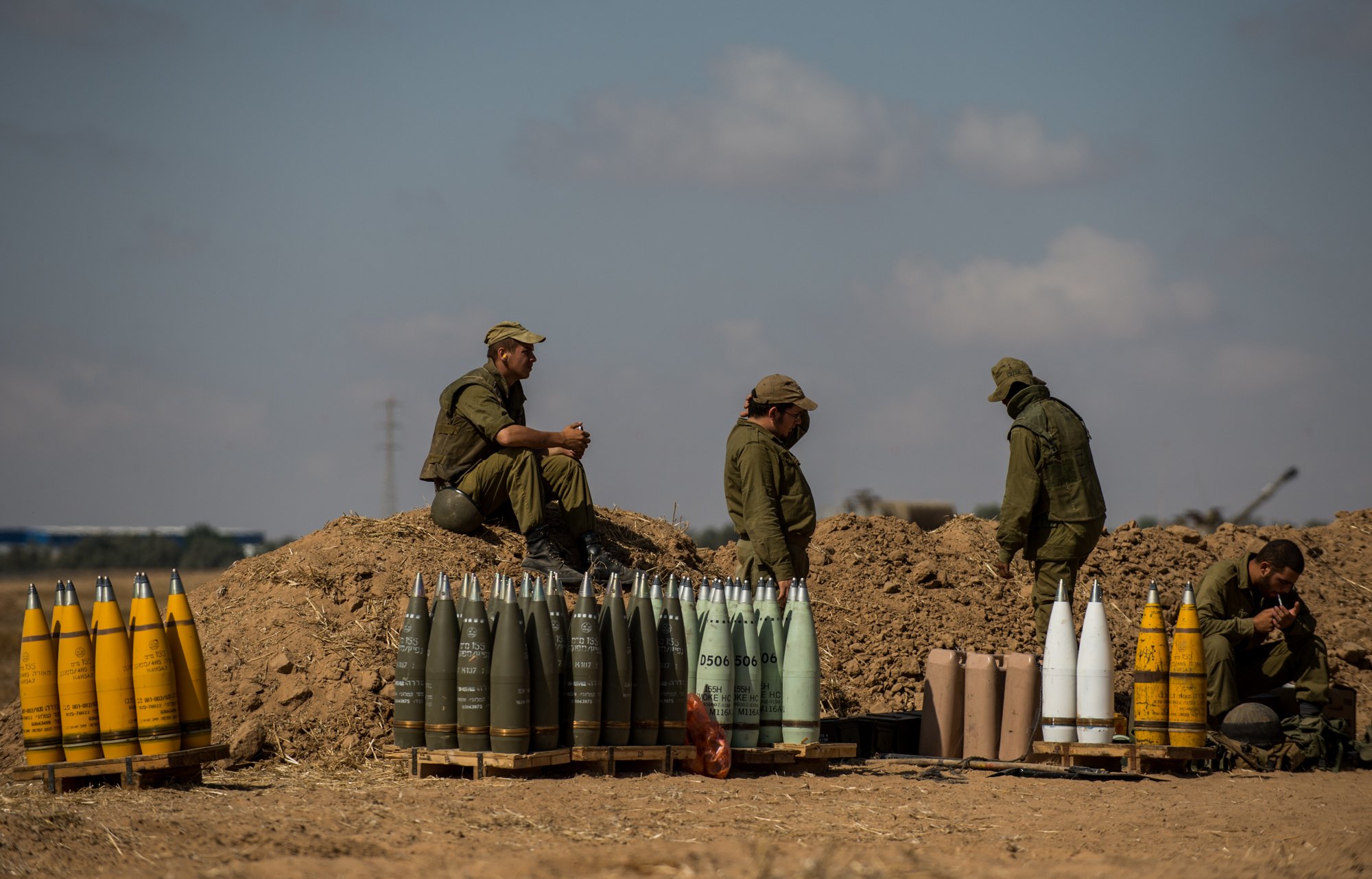
On “NBC Nightly News” on July 12, David Gregory spoke of growing pressure from the United Nations for a ceasefire in Gaza. He noted that the United States and many other nations believed that Israel had a right to self-defense. Nonetheless, Gregory reported, these countries were likely to be sympathetic to calls for a ceasefire because of the “disproportionate” number of casualties between the two sides. Among the residents of Gaza, the death toll then exceeded 100, while Israel had suffered dozens of injuries but no casualties.
Mr. Gregory was simply reporting the news, but I found his comments disturbing, nonetheless. What does it mean to say that the casualties are “disproportionate”? And is that really the moral issue that we need to be concerned about?
The implication of the “disproportionality” claim is that, given their losses, the people of Gaza are the real victims. But morally and politically, this is an intolerable and distorted interpretation of the realities in the region.
The reason that Hamas has not killed more Israelis is not because they haven’t tried. In the seven years during which it has controlled Gaza, Hamas and its proxies have fired more than 5000 rockets into Israel; almost 800 have been launched just this past week. Each one has been aimed at civilians and intended to murder and maim. The reason that more Israelis have not died is that the weapons are mostly crude and inaccurate and that, over time, Israel has prepared herself with shelters, warning sirens and an anti-missile system. In addition, Israelis have been just plain lucky.
But that luck could change at any moment. If a single rocket were to hit a school or a mall, the number of dead could balance out in a flash. Then, to be sure, you would have “proportionality,” but there is no moral calculus by which additional dead civilians is a preferable outcome.
For Israel, the fundamental issue is the responsibility of its government to protect its citizens. As missiles have fallen on her cities over the years, the government has not succeeded in providing that protection. The reasons are many, including sensitivity to American wishes and a concern for world opinion; but the desire not to hurt the innocent is the most important. Now, however, as children in the south continue to live in terror and civilians throughout Israel flee to shelters several times daily, Israel’s leaders have concluded that they must act.
There is something bizarre, in fact, about the idea of “proportionality” being used as a moral criticism against Israel. A proportional response by Israel to the attacks of the last seven years would mean that every time a rocket is fired by Hamas at an Israeli civilian center, Israel would respond by firing a rocket at a civilian center in Gaza. Israel, of course, rejected that, then and now. Still, when Hamas violated the ceasefire yet again and got its hands on longer-range rockets, something had to be done.
The best way to evaluate Israel’s action is to imagine how we as Americans would respond to similar provocations. Assume the following: a terrorist group embedded in Mexico that the Mexican government refused to disarm is firing missiles into Houston night after night, endangering American lives. Our government would not wait a week or a month; indeed, it would not wait a single day before taking action to assure the well-being of her citizens. In fact, we need only remember how American forces flew half way around the world to engage in a war in Afghanistan against terrorists who carried out an attack on American soil. The talk then was not of proportionality, but of providing security for our country and stopping those who wished to do us harm.
Of course, let us not think for a moment, God forbid, that we can be indifferent to the death of innocents. The death of any child, Israeli or Arab, Muslim or Jew, is an unspeakable tragedy that rends the heart. Israel must do everything humanly possible to avoid the civilian casualties; already she issues warnings and calls for evacuation of areas about to be attacked, and must do more. Still, for any country, morality begins with a reasonable measure of security for her own citizens, and it is not right to say that Israel must protect Palestinian civilians at the cost of abandoning her own.
The issue was never “proportionality”; it is the suffering and dying of too many Arabs and Jews. And while there is much that is complicated about the Middle East, ending the violence in Gaza is not complicated. Hamas needs to halt the missile attacks and provide credible assurances to Israel and the world that they will not be resumed. If the rockets stop, quiet can come tomorrow. And tomorrow is not soon enough.
Rabbi Eric H. Yoffie, a writer and lecturer, was President of the Union for Reform Judaism from 1996 to 2012. His writings are collected at ericyoffie.com.
More Must-Reads from TIME
- Cybersecurity Experts Are Sounding the Alarm on DOGE
- Meet the 2025 Women of the Year
- The Harsh Truth About Disability Inclusion
- Why Do More Young Adults Have Cancer?
- Colman Domingo Leads With Radical Love
- How to Get Better at Doing Things Alone
- Michelle Zauner Stares Down the Darkness
Write to Eric H. Yoffie at eric@ericyoffie.com